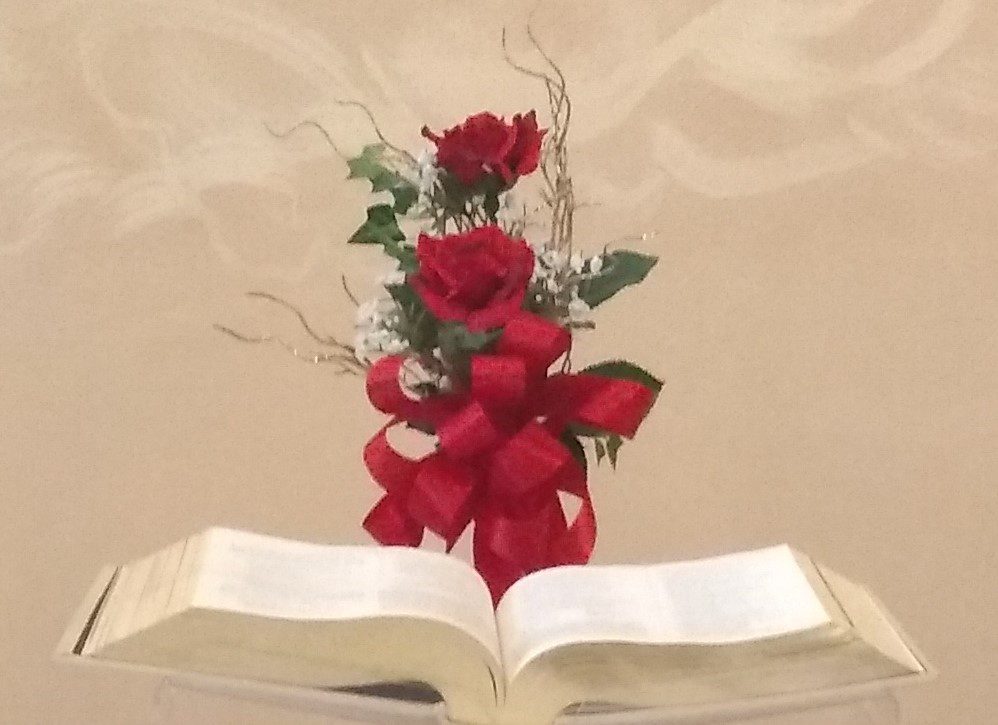Paul is teaching us a different way of thinking in chapter five. He wants us to think of heavenly things, rather than earthly things alone. Paul says in verse one, “We know that when the earthly tent in which we dwell is destroyed…”. This earthly tent is our bodies. The things of this world are simply a means by which we get to heaven. We keep on looking at things in this world as if they were the only things that exist. Many people, even Catholics, would ask why we even pray. “You are not doing anything, just talking to yourself” so they think. They see the world and people as a thing that does things. Productivity becomes the ultimate source of value. They would view talking to the most powerful being ever as a waste of time. They become so practical that love and relationships take a back seat. In particular, it is the relationship with God that takes the back seat.
This is most unfortunate, because it is in our relationships that we find joy and meaning. Our relationship with God is the quintessential relationship that brings meaning and joy. Hopefully we find this reality during the advent season as we meditate on the reality that “God sent His only begotten Son” (Jn 3:16). God was born into time to a special woman named Mary. He came, not to be a mere function of salvation; He came into this world to establish a relationship with us.
The things of this world are dying. Things break and living creatures eventually die. Nearly everything on this planet will come to an end. Our bodies will eventually decay after death. So what is the point in life? Functionality? Are we saved by mere works? Is our value dependent on mere usefulness? Is God Himself a mere function of usefulness to us? God offers us eternal life. This eternal life is life with Him who is Love. “We have a dwelling provided for us by God” (v1). This dwelling is in the heavens made by God himself. To put on Christ is to have the heavens wrap us with the grace of God in this life, so that we may look forward to the day of not just a blanket wrapping, but that we may live in and be imbued in the love that awaits us in heaven. God gave us His ledge that we may have hope and confidence in this promise known as faith. We walk by this faith (v7) so that our works may be part of the relationship we have in Christ. Our works are not just functionary. God does not see us as mere functionary things, mere tools without the dignity of personhood.
When we are in a relationship with others, we want to see others truly happy. Grandparents really want to see their grandchildren happy. It brings them great joy to see their grandchildren happy, so grandparents constantly make a gift of self by baking cookies and doing many more things for their grandchildren. So we would want to please God as to make Him happy. It is a gift of self that we give to God as He has given himself to us first. He has given us that opportunity of heaven by making the sacrifice for our sakes. He is willing to forgive us our sins for those who are willing to ask. He came to walk with us on this planet to establish a relationship with us first, so that we would believe in what He taught and did: that He really would forgive us our sins and come to fulfillment.
Yet we are all judged, for good or bad (10). God is constantly offering us His grace every day so that we may be happy, truly happy, in all that is good and holy. Sin disrupts true happiness. That is why He wants us live a life of virtue. Like grandparents, the happier the grandchild, the happier the grandparent. Joy in the one you love becomes the joy in you. So it is with God. But the kind of joy God wants you to have is eternal joy that has no regrets and is free. Grandparents, as great as they are, can only give the temporary joy. God is the only one who can give the true joy of heaven for eternal life. But the fulfilment of the eternal joy is “according to his life in the body” (10). Have we lived our faith, our relationship, with God well?

